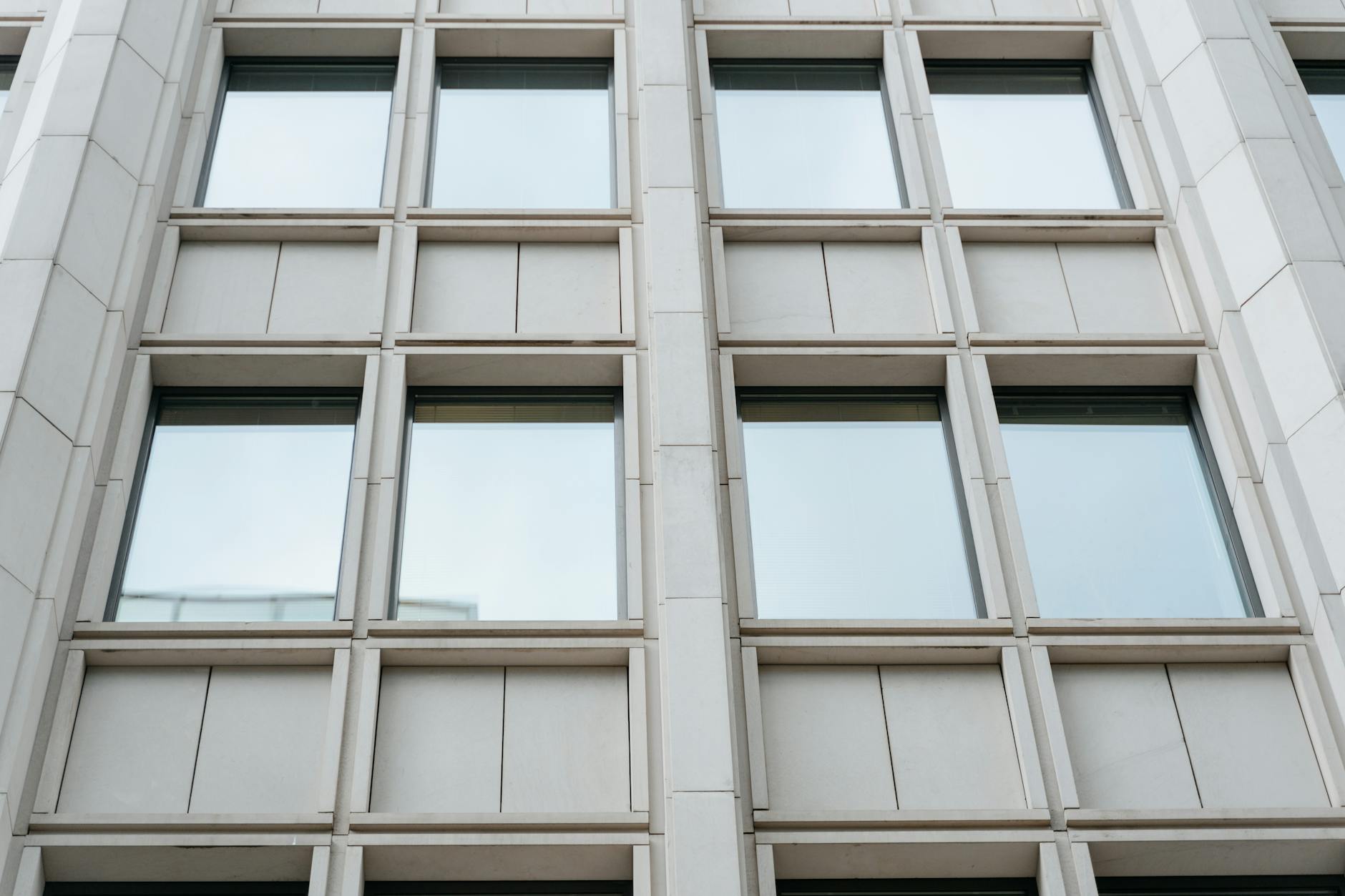Emerging Trends in Commercial Real Estate Leasing and Brokerage
Emerging trends in commercial real estate leasing and brokerage are reshaping the landscape of one of the most critical sectors in global business. As economies evolve, technological advancements accelerate, and tenant preferences shift, the commercial real estate (CRE) industry adapts in response. This article explores how these changes influence leasing strategies, brokerage services, and overall market dynamics. From the integration of cutting-edge proptech to the growing emphasis on sustainability and hybrid workspaces, the sector is undergoing a profound transformation.
Understanding these trends is essential for investors, brokers, and tenants aiming to navigate the fast-changing environment effectively. We will examine the rise of technology in CRE, the shift toward flexible leasing models, sustainability as a leasing criterion, and the evolving role of brokers in delivering value. By exploring these interconnected developments, readers will gain insight into how commercial real estate leasing and brokerage are adapting to meet modern demands.
The tech-driven transformation of commercial leasing
Technology has become a powerful catalyst in commercial real estate leasing, influencing everything from property search to negotiations and lease management. The adoption of proptech tools like artificial intelligence (AI), big data analytics, and virtual reality (VR) has streamlined many leasing processes.
AI-enabled platforms automatically match tenants with properties that fit precise criteria, reducing time spent on inefficient searches. Lease abstraction software accelerates contract review and highlights critical clauses, mitigating risk. VR tours allow remote inspections, appealing especially to international investors and tenants. Additionally, blockchain technology is gaining traction for secure, transparent lease agreements and transactions, although adoption is still in early stages.
The digitalization of leasing workflows improves transparency, accuracy, and tenant experience while enabling brokers to offer more data-driven advisory services. As CRE professionals embrace these technologies, efficiency and deal volumes are likely to increase.
The rise of flexible leasing and hybrid workspace demands
One of the biggest shifts in commercial leasing is the growing demand for flexible leases that accommodate uncertain business needs. The pandemic accelerated remote and hybrid work models, leading many tenants to seek shorter-term, more adaptable arrangements.
Traditional long-term leases spanning 5 to 10 years are being complemented or replaced by coworking spaces, serviced offices, and flexible lease terms ranging from months to a few years. This trend enables companies to scale space usage up or down as their operations evolve.
Benefits of flexible leasing for tenants:
- Reduced commitment and financial risk
- Faster access to office spaces
- Improved ability to adapt to market changes
For landlords and brokers, flexible leasing introduces challenges related to higher turnover and more active space management but also unlocks new revenue streams and tenant diversity. The shift reinforces the need for CRE firms to innovate lease structures and tailor services to meet dynamic tenant expectations.
Sustainability’s growing influence on leasing decisions
Environmental concerns and regulatory pressures are increasingly impacting commercial real estate leasing. Tenants today prioritize buildings with strong sustainability credentials reflecting energy efficiency, reduced carbon footprints, and healthy indoor environments.
Green building certifications such as LEED (Leadership in Energy and Environmental Design) and BREEAM incentivize landlords to invest in sustainable upgrades. In many cases, tenants are willing to accept higher rents or longer leases in exchange for eco-friendly features and operational cost savings.
Below is an illustrative comparison of sustainability impact on tenant preferences:
| Factor | Traditional buildings | Sustainable buildings |
|---|---|---|
| Energy consumption | High | 30-50% lower |
| Tenant preference | Moderate | High, especially among tech and finance sectors |
| Rental premiums | Low or none | Up to 10-15% premium |
| Lease duration tendency | Typical 5+ years | Often longer due to higher satisfaction |
As sustainability becomes a key criterion in lease negotiations, brokers increasingly serve as trusted advisors who can assess green credentials and articulate value propositions to both landlords and tenants, enhancing deals and fostering long-term relationships.
The evolving role of brokers in a changing marketplace
The brokerage profession is no longer limited to matching tenants with properties. Brokers today function as strategic consultants who integrate market intelligence, data analytics, and sustainability insights to create customized solutions for clients.
With leasing becoming more flexible and technology-driven, brokers leverage digital platforms and CRM systems to maintain continuous tenant engagement and respond quickly to shifting requirements. This proactive approach helps build trust and long-term partnerships.
Moreover, brokers are now often involved in advising on workplace strategy, helping tenants optimize space utilization consistent with hybrid work models. They also facilitate coordination between landlords, tenants, and service providers to ensure seamless leasing and post-lease support.
Ultimately, the broker’s role is expanding from transactional to value-added services that combine market expertise, technology adoption, and client-centered strategies in a competitive CRE environment.
Conclusion
The commercial real estate leasing and brokerage sector is undergoing significant transformation driven by technology, flexible work models, sustainability priorities, and evolving client expectations. The integration of proptech tools has streamlined leasing workflows and enhanced decision-making, while flexible leases and hybrid workspace demands have reshaped traditional leasing practices.
Sustainability is no longer an optional feature but a fundamental factor affecting tenant preferences and rental values, necessitating that brokers and landlords prioritize green building initiatives. In this complex and dynamic market, brokers play an increasingly strategic role by combining data analytics, consultative expertise, and technology to deliver tailored solutions.
Adapting to these interconnected trends equips CRE professionals to better serve their clients and capitalize on emerging opportunities. As the sector continues to evolve, staying informed and agile will be essential to thriving in the competitive world of commercial real estate leasing and brokerage.
Image by: MART PRODUCTION
https://www.pexels.com/@mart-production
editor's pick
latest video
news via inbox
Nulla turp dis cursus. Integer liberos euismod pretium faucibua


